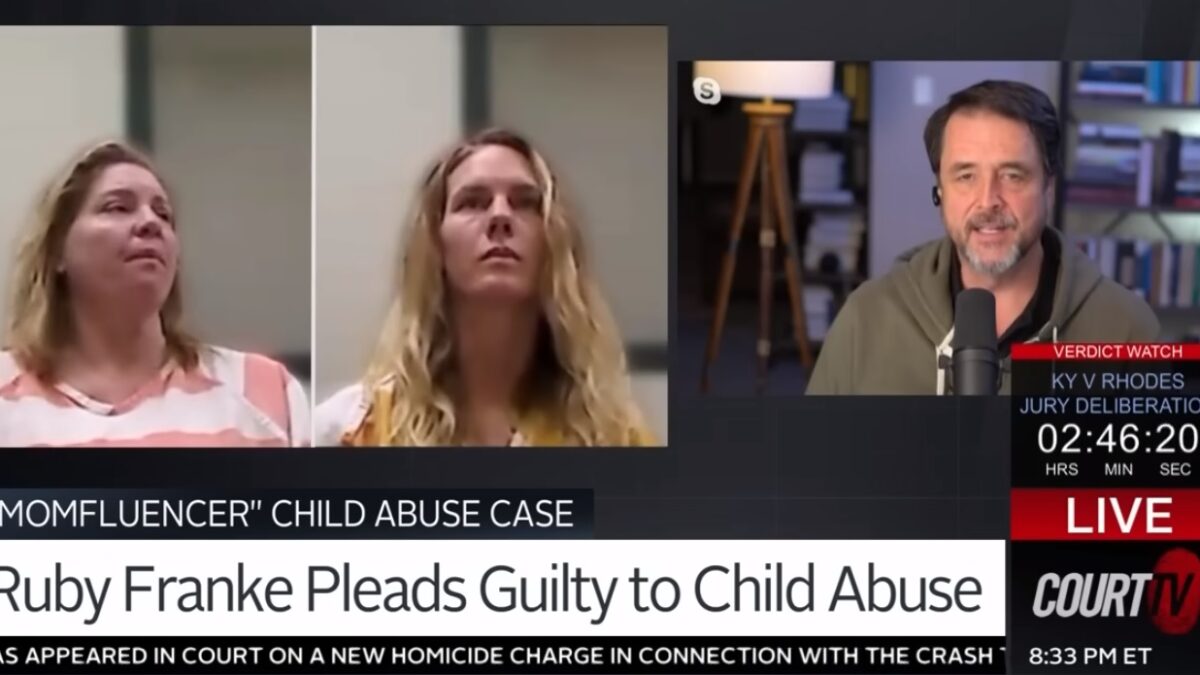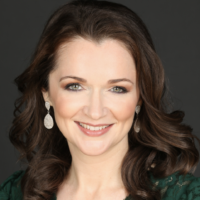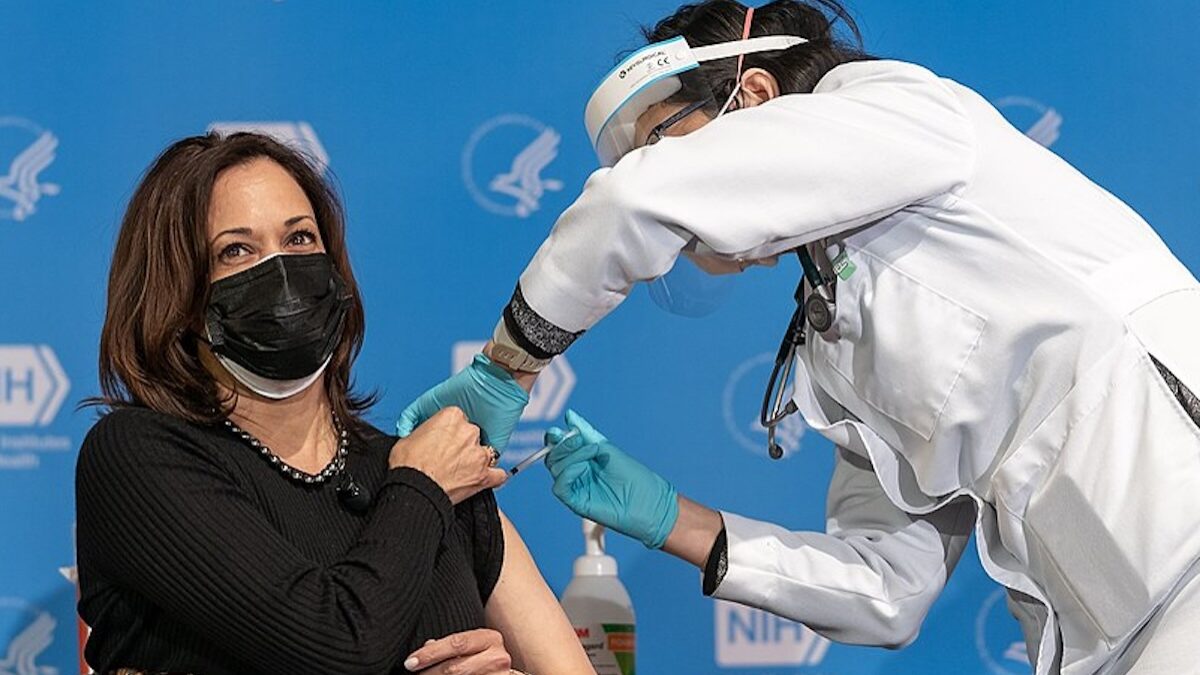An extremist Mormon YouTuber with millions of subscribers could serve up to 30 years in prison for abusing her children. She used religion to justify her actions — just like my extremist Mormon father, a cult leader excommunicated by the Church of Jesus Christ of Latter-day Saints (LDS), who justified his abuse of my seven siblings and me while we lived in motorhomes, sheds, tents, and trailer parks.
Ruby Franke, mother of six, as well as her business partner, Jodi Hildebrandt, members of the LDS, both pleaded guilty to child abuse. Authorities arrested them after Franke’s son escaped to a neighbor’s home, begging for help.
The county attorney noted that the women cloaked themselves in religious zealotry to validate their abuse. “This is a case about religious extremism,” he said. “The defendants appear to have fully believed that the abuse they inflicted was necessary to teach the children how to properly repent for imagined ‘sins’ and to cast the evil spirits out of their bodies.”
My heart broke as I read this story and learned about the particular form of trauma the children suffered. God does not condone this sinister behavior. However, it took me decades to realize that — to differentiate between God and abuse under the guise of religion.
My violent, mentally ill, street-musician father called himself a prophet who would someday become president of the United States and insisted that Satan “reassigned” lesser demons to personally torment our family. We lived a transient lifestyle, skirting child custody authorities by constantly moving.
We spent time on government and LDS church welfare, and my mother birthed one of my five brothers in a tent when our family lived in the public campground woods of Greenbelt Park, Maryland. Besides some homeschooling, I attended 17 public schools. When I took my ACT test, we lived in the Ozarks in a shed with no running water.
Several of my siblings attempted suicide, and I considered taking my own life numerous times over the years. One of my two schizophrenic brothers tried to rape me. The other accused me of trying to seduce him for sex. I’ve been hospitalized nine times for depression, fibromyalgia, suicidal ideation, and post-traumatic stress disorder. Eventually, after escaping our cult, kind people helped me develop tools to heal.
I don’t blame the LDS church for my father’s abuse — he willfully rejected its teachings. And as a child, my dad himself was raped by a Mormon babysitter and in middle school felt traumatized by the sudden death of his best friend. His children inherited the trauma.
Don’t Walk Away From God
For years, I assumed I’d never return to belief in God or organized religion. My heart remained closed because of the evil I witnessed in God’s name. But my suffering came from human beings — including myself. Rather than leaning into God for help, I walked away from the very source that would bring healing. Unfortunately, I’m far from alone. Young people in record numbers are turning away from God. And it’s killing us.
A National Bureau of Economic Research working paper found states with pronounced drops in religious attendance correlated with sharper upticks in deaths of despair, and vice versa.
Conversely, women who attend religious services at least once a week are 68 percent less likely to die from “deaths of despair” — suicide, drug overdose, and alcohol poisoning. Men are 33 percent less likely, according to research led by Harvard University’s School of Public Health.
Evil paired with religious justification is like a knockoff Gucci purse with a big fake “G.” Similarly, don’t blame Beethoven for a poorly rendered “Fifth Symphony.” Blame the musicians.
Through my eventual Protestant conversion and baptism in December 2017, I learned God can handle all our anger, rage, sorrow, and fear. God stands apart from horrific deeds cloaked in piety. So it’s totally fine to ask questions. In fact, it’s healthy to scrutinize the behavior of those here on earth who claim to act in the name of divine power.
The Franke children have an excruciating path ahead. My prayer is that they don’t turn away from God, but rather press toward Him, the life-giving force of healing.









